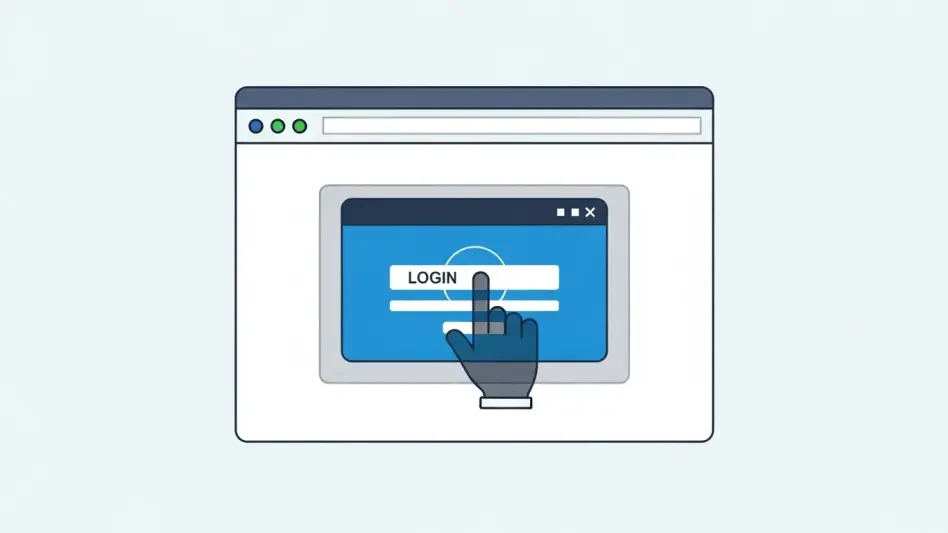Cybersecurity researchers have uncovered a staggering revelation as they announce the exposure of over 19 billion passwords circulating in the vast corridors of the internet, freely accessible to anyone with malicious intent. This discovery, based on the analysis of more than 200 data leaks that occurred between April 2024 and April 2025, highlights a pressing concern: the proliferation of weak and reused passwords that compromise user security. Alarmingly, a mere six percent of these leaked passwords are unique, with the rest being either identical or reused across various online platforms. This widespread practice of reusing passwords leaves individuals perilously open to password attacks, where cyber criminals exploit lists of commonly used phrases to break into accounts. As the digital landscape grows more complex, the risk associated with these vulnerabilities becomes increasingly significant.
1. Magnitude of the Breach and Its Implications
This research points to a disturbing “widespread epidemic of weak password reuse,” a critical vulnerability that cyber criminals are all too eager to exploit. Most users place their trust in two-factor authentication as a safety net, but many forgo even this basic protective measure. According to information security expert Neringa Macijauskaitė, this reliance on insufficient security measures highlights a larger issue within digital safety practices. The sheer volume of compromised passwords represents not only the failure of current security protocols but also the urgent need for individuals to adopt stronger password management practices. The analysis reveals that nearly 27% of leaked passwords consist solely of lowercase letters and numbers, while 42% are startlingly short, ranging from just 8 to 10 characters. These weak passwords, often containing predictable sequences like “password,” “admin,” or “123456,” continue to be recycled by users despite being notoriously easy to crack.
Security specialists have consistently warned about the perils of employing weak or repetitive passwords, yet the findings reflected in this recent report suggest these admonitions have largely gone unheeded. The lack of progress in enhancing password security over the years underscores an urgent need to transition toward more robust authentication methods. This breach not only impacts individual users but also prompts a broader conversation about the effectiveness of current digital security measures and the necessity for heightened vigilance. The frequency and scale of data breaches, such as those involving the cloud storage platform Snowflake and Ticketmaster, further illustrate how deeply intertwined the issue of password security is with the personal safety of millions.
2. Insights from the Cybersecurity Research
The recent incidents have thrust vast quantities of sensitive information, including billions of passwords, into the hands of cybercriminals. The investigation conducted by cybersecurity experts involved the assessment of leaked databases and lists of username-password combinations, as well as files crafted by malicious software. Importantly, Cybernews ensured that all processed data was anonymized and thoroughly filtered to safeguard privacy. The analysis utilized public sources, cyber intelligence, and automated tools to scrutinize password length and the inclusion of symbols, numbers, and uppercase letters. Astonishingly, patterns such as “1234” appeared in over 727 million passwords, equivalent to nearly four percent of the total. Similarly, “123456” maintained its dubious distinction as a frequently used password, found in 338 million entries, demonstrating a prevailing tendency to use readily guessable credentials.
The persistent issue of default passwords, like the 56 million instances of “password” and 53 million of “admin,” highlights a dangerous pattern that continues to pervade database leaks. Macijauskaitė stresses that the reliance on such predictable credentials remains one of the most persistent security risks. This behavior is further exacerbated by various digital systems, such as routers and phone PINs, which often come preloaded with default passwords like “1234.” Without proactive measures to change these defaults, users inadvertently expose their accounts to significant risk. The analysis also uncovered that eight percent of passwords included the username, presenting yet another avenue for potential exploitation by attackers.
3. Recommendations for Strengthening Password Security
In light of these findings, cybersecurity researchers advocate for several crucial best practices to bolster password security. First and foremost, never reuse a password. Each password should be composed of at least 12 characters, incorporating a mix of uppercase and lowercase letters, numbers, and special symbols to fortify its strength against potential breaches. Common words, names, or simple patterns should be avoided to reduce predictability. Given the challenge associated with remembering numerous complex passwords for different accounts, experts suggest investing in a secure password manager. These tools can automatically generate unique, strong passwords and simplify the process of managing them effectively.
Furthermore, enabling multi-factor authentication (MFA) wherever possible is strongly recommended. This additional security layer significantly enhances account safety by requiring secondary verification, thereby complicating unauthorized access attempts. Implementing these measures is not merely a suggestion; it is an imperative step towards ensuring the protection of sensitive information against the ever-present threat of cyberattacks. The wide-reaching consequences of password breaches underscore an undeniable need for heightened awareness and proactive defense strategies. By integrating these practices into daily digital habits, users can take vital steps towards securing their personal data from malicious actors.
Future Considerations for Improved Authentication
This research highlights a troubling “epidemic of weak password reuse,” a major flaw eagerly exploited by cybercriminals. While many rely on two-factor authentication for security, some neglect even this elementary safeguard. According to cybersecurity expert Neringa Macijauskaitė, this dependence on inadequate security measures underscores broader flaws in digital safety practices. The vast number of compromised passwords reveals the shortcomings of current security protocols and stresses the importance of adopting stronger password management practices. The analysis identifies that approximately 27% of breached passwords are simply lowercase letters and numbers, and 42% are worryingly brief, spanning just 8 to 10 characters. Despite being notoriously easy to crack, users repeatedly recycle weak passwords with common sequences like “123456” or “password.” Security experts have long cautioned against weak or reused passwords. Yet, this new report suggests many still disregard these warnings. This ongoing issue emphasizes the urgent need for more robust authentication methods. The persistence of data breaches, such as those affecting Snowflake and Ticketmaster, underscores how these password security problems are linked to the broader digital safety of millions.








